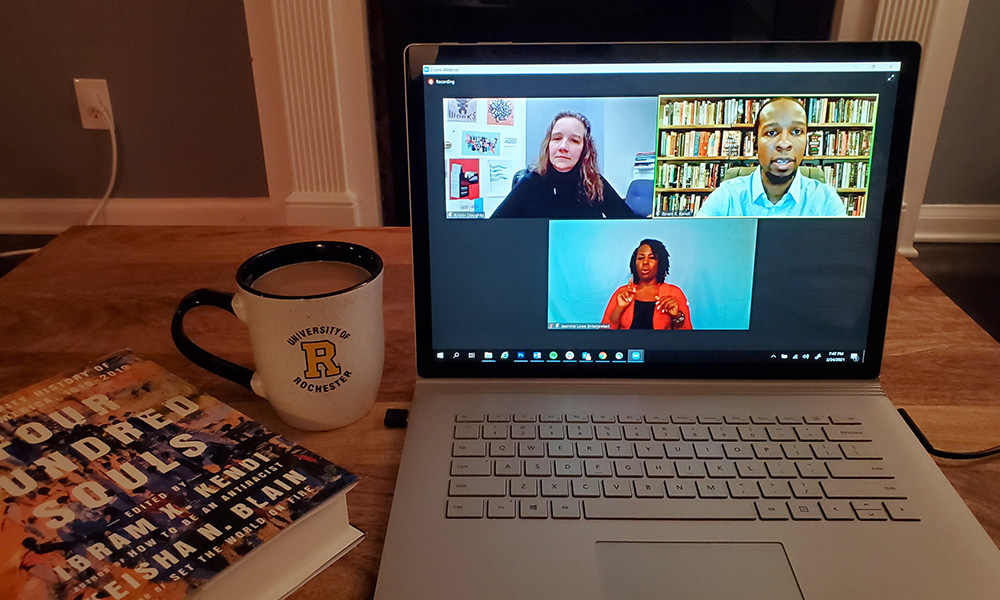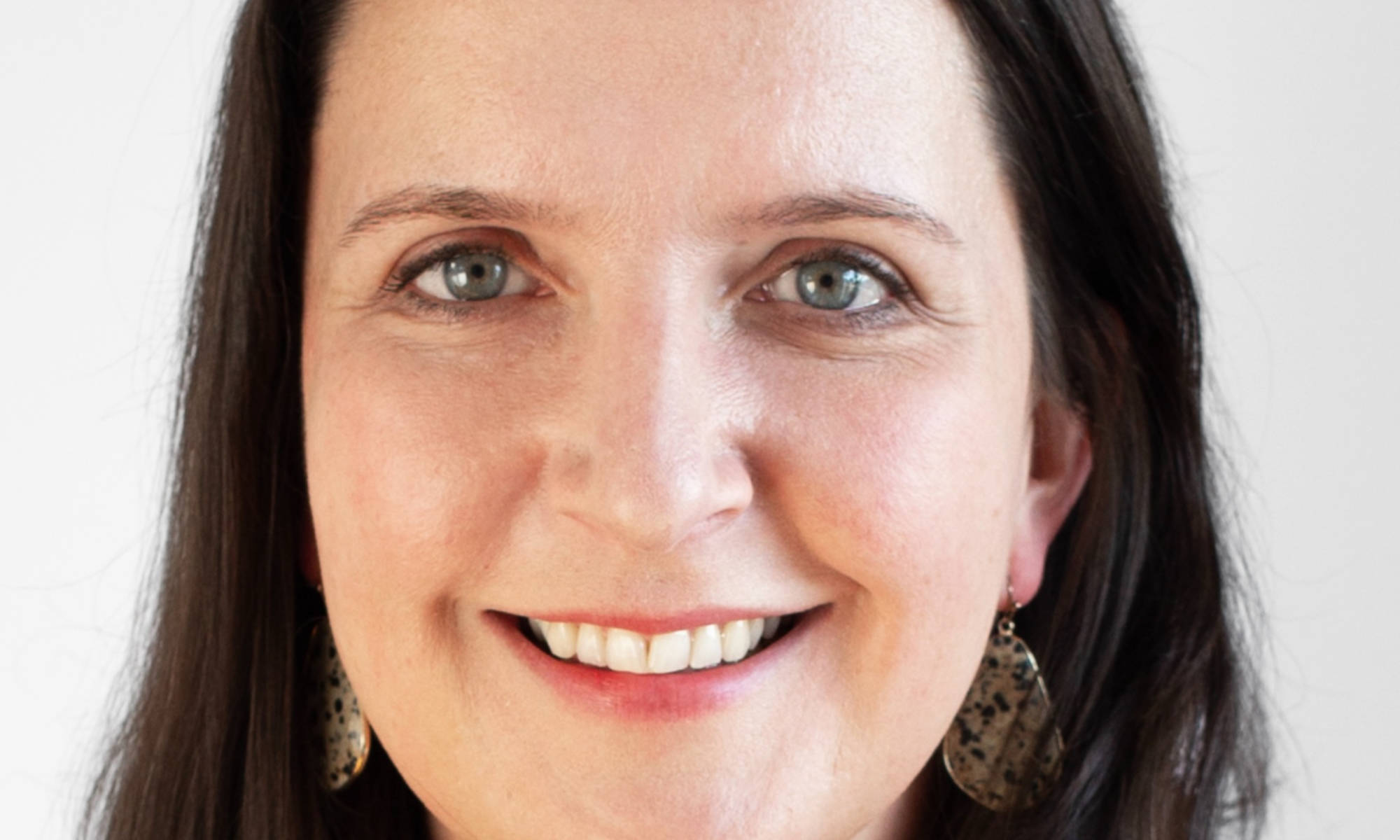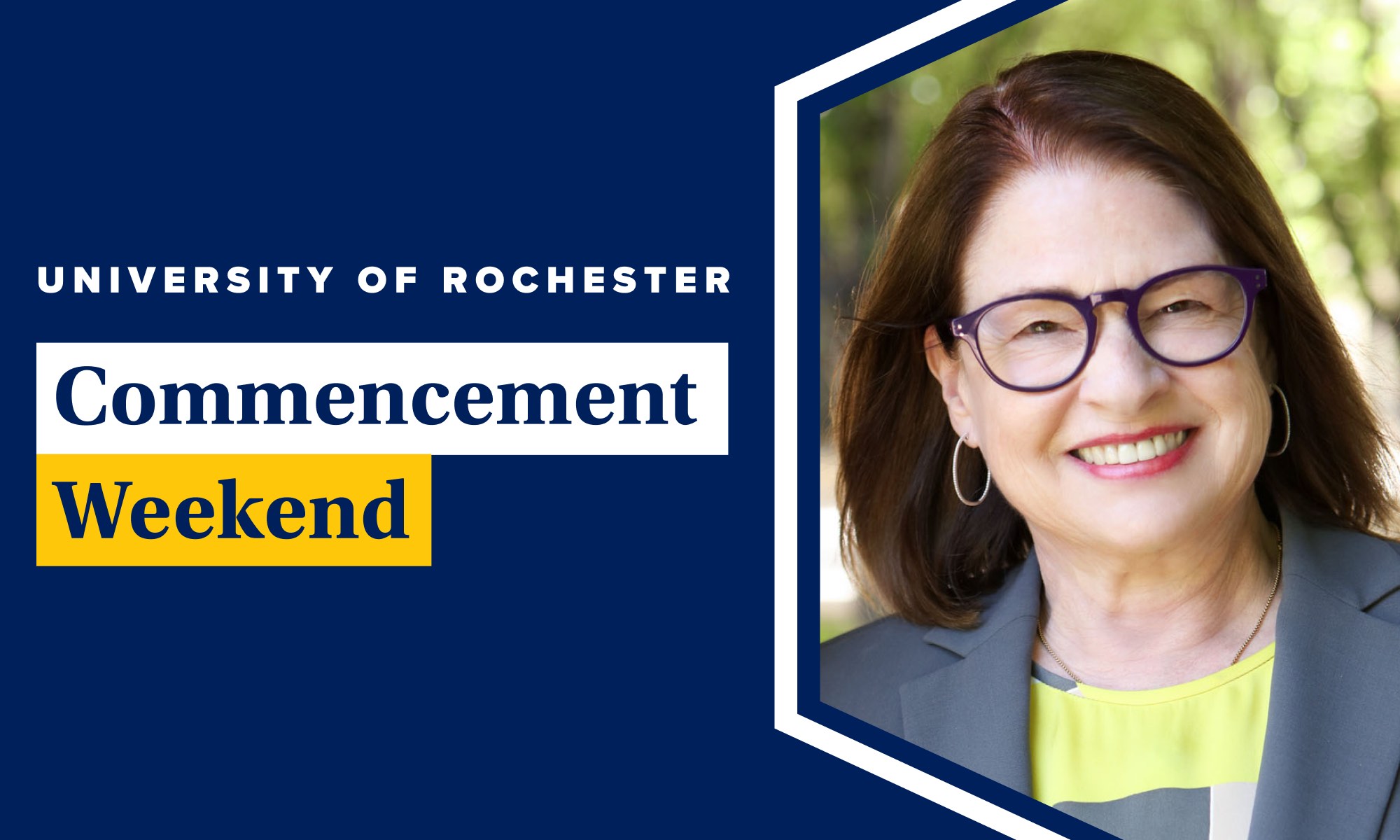Takei is the latest guest speaker to visit campus as part of the University’s Difficult Conversations series.
George Takei, who starred in the iconic 1960s TV show Star Trek and later became an activist for LGBTQ and immigrant rights, will be the next speaker in the Difficult Conversations as a Catalyst for Change series. The semi-annual event is hosted by Donald Hall, the Robert L. and Mary L. Sproull Dean of the Faculty of Arts, Sciences & Engineering at the University of Rochester.
Takei will speak at Strong Auditorium on the River Campus on Thursday, October 21, from 7 to 8:15 p.m. EDT. Registration for “A Conversation with Actor and Activist George Takei” is required for those who wish to attend the event in person or virtually. A password-protected Zoom link will be emailed to virtual registrants on the day of the event.
A Conversation with Actor and Activist George Takei
Thursday, October 21
7–8:15 p.m. EDT
Strong Auditorium
The former Star Trek star will speak with Donald Hall and take questions from the audience as part of the Difficult Conversations as a Catalyst for Change series.
Registration is required for those who wish to attend, whether in person or virtually. Virtual registrants will receive a password-protected Zoom link the day of the event.
Indelible childhood experiences, high-profile roles
Takei was born in 1937 in Los Angeles to Japanese-American immigrants. As a child during World War II, he and his family were imprisoned in US-operated internment camps. “That experience in the camps gave me my identity,” he told the Washington Post in 2019.
At war’s end, the family was left without a home or any money and lived on Skid Row, a homeless section of Los Angeles, for five years. In 2012, Takei starred in the Broadway musical Allegiance, inspired by his family’s experience in the internment camps, which he has called his “legacy project.” He also recounts that terrible period in his 2019 New York Times bestselling graphic novel, They Called Us Enemy.
Takei came to national prominence in 1965, when he landed the role of Hikaru Sulu, helmsman of the starship USS Enterprise, in the NBC show Star Trek. Although it aired for only three seasons—and Takei missed half of season two while working on the John Wayne movie The Green Berets—Star Trek developed a cult following that remains strong to this day. Takei reprised his role as Sulu in Star Trek: The Animated Series (1973–74) and in the first six Star Trek films.
Since coming out as gay in 2005, Takei has become a prominent leader in the fight for LGBT rights. In recent years, he has also been a vocal advocate for the rights of immigrants.
Takei has a strong following on social media, with more than nine million followers on Facebook and 3.2 million on Twitter. He comments frequently on political and human rights issues.
The Difficult Conversations series brings to campus thought leaders who hold strong opinions about the problems Americans face in order to help broaden the perspectives of the University community. It was created in 2018, and previous speakers include Kareem Abdul-Jabbar, Angela Davis, Madeleine Albright, Michael Eric Dyson, and Michael Beschloss.
Read more
 Star Trek’s Half-Century Voyage
Star Trek’s Half-Century Voyage
Rochester faculty and alumni have composed its theme, written episodes, and reflected deeply on why Star Trek resonates.
 Project explores social and political nuances of migration in the Americas
Project explores social and political nuances of migration in the Americas
Scholars in the humanities and social sciences will study human migration as part of a “temporary research center” supported by a Mellon Sawyer Seminar grant.
 Ibram X. Kendi: ‘The very heartbeat of racism is denial’
Ibram X. Kendi: ‘The very heartbeat of racism is denial’
The antiracist activist and author spoke on several current issues at the University’s annual MLK Address




